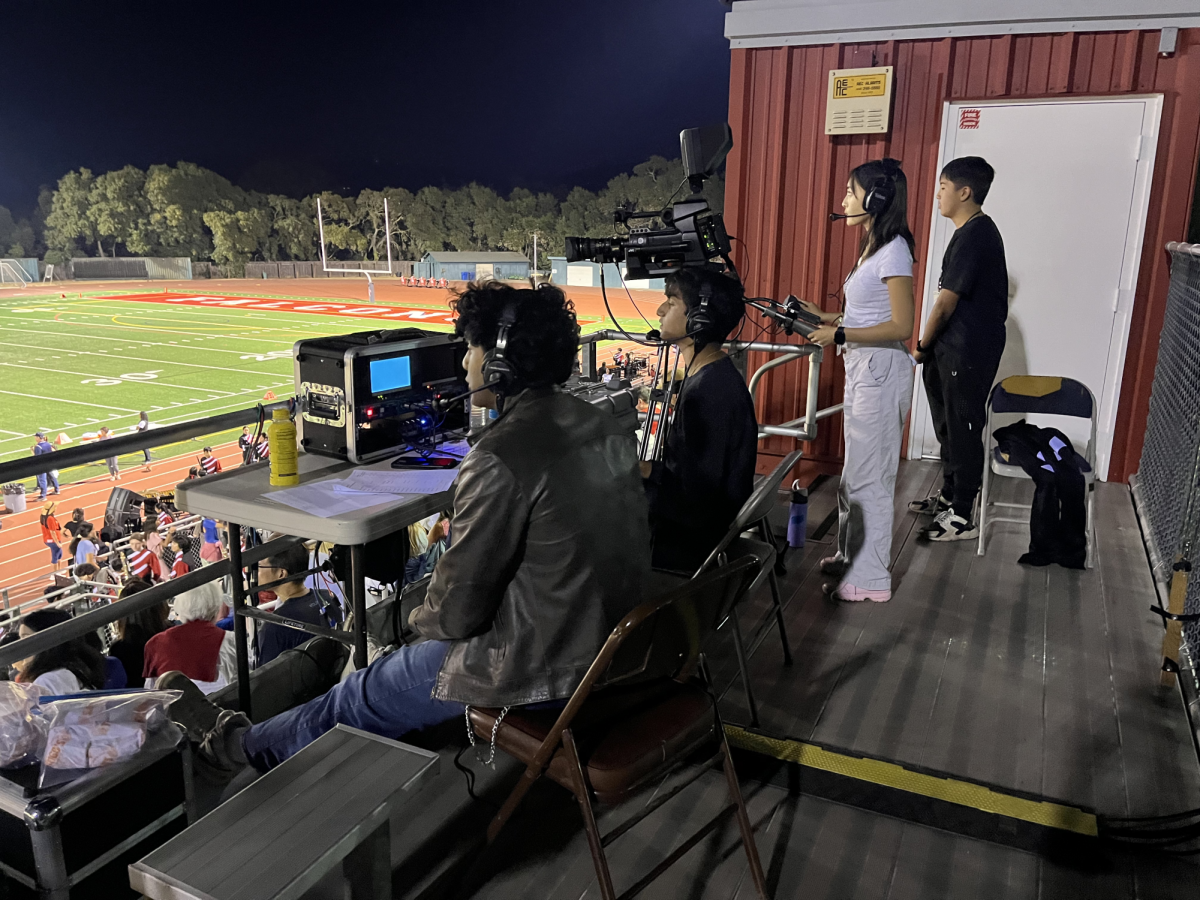When I traveled to Spain in sixth grade, I was mesmerized by the flamenco dancers, bull riders, the cathedrals — all part of the unique Spanish culture, tied together by a single language. The following year I decided to take Spanish in middle school; I could not wait to immerse myself into this culture and actually interact with native speakers in California and abroad.
But it seems that the language curriculum does not align with my goals. This is unfortunate because practically anyone can take the class with minimum effort just to get their language credits for college without learning a thing.
Sure, we have “learned” countless vocabulary words and grammar rules. But when it comes to trying to speak Spanish to a stranger in real life, the language classes at the school have failed me.
Even in my Spanish 4 honors class this year, I cannot help but notice that several classmates sometimes struggle to formulate oral sentences on the spot. Perhaps laziness is a factor, but I see a common pattern emerging: that people tend to forget what they have learned in previous classes.
The main reasons are the lack of organization and a misguided focus on rules, syntax and vocabulary. The problem with the current curriculum is that it relies too much on memorization and not enough on usage and oral practice. As a result, students can study the necessary information for a test and promptly forget it the next day.
Teaching a language is an extremely difficult task, considering that most people learn languages instinctually as they grow up. Trying to make students grasp grammar rules and vocabulary without too much memorization while trying to make the class entertaining seems virtually impossible. But there are some ways we can improve language classes at the school to make sure the material sticks.
For example, the language classes at private schools such as Bellarmine, which my brother attended, require oral assessments and emphasize impromptu speaking and writing so that students develop a more well-rounded practical usage of the language. My brother recalls having to talk to his Spanish teacher on the phone for homework, being graded on not just his grammatical accuracy, but also on his ability to speak fluently, diction and adherence to idioms.
While this type of approach is explored in higher level language classes such as Spanish honors and AP, students may not have cultivated the skills and necessary background in the lower levels of Spanish to be able to maximize their education in these classes. Because students are so used to learning by rote, they struggle to apply their cumulative knowledge of jumbled up vocabulary and grammar rules into real-life scenarios such as essays and in-class presentations.
Instead, language teachers should incorporate more oral practice and focus more on usage starting in Spanish 1, so students feel confident by the time they reach honors and AP. This way, students can explore more advanced topics such as Spanish literature or writing essays, instead of having to relearn topics that they had forgotten from previous years.
Many see language classes as meaningless or an “easy A,” and this needs to change. I would hate to have dedicated five years of my education learning a language that I will never be able to apply after I graduate.




























